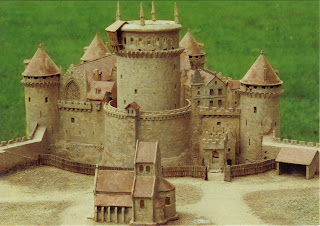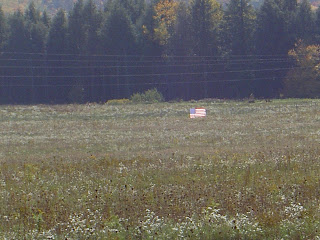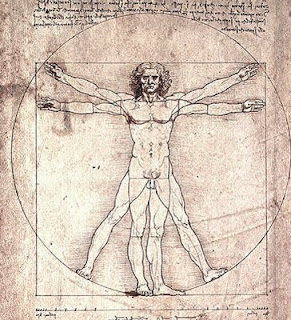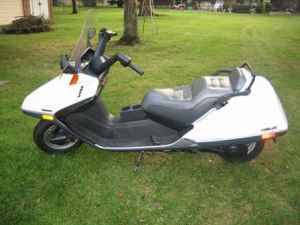The de Coucy Coat of Arms

Copyright © 2008 by Ralph Couey
Written content only
Author's Note:
This posting contains all the information I've been able to collect about the Couey family history. I update this post whenever new data is found. At the end of the post is a list of the family members in my line going as far back as I have been able to locate. As you will see, there is a significant gap in the history between roughly 1450 and 1704. If any reader can help us close this gap, I would appreciate your sharing that information.
Thank you, and enjoy the Family History!
A few years ago, I began to take some interest in my family’s history. It began as idle curiosity, keyed by an argument between my sister and I as to whether we were French or Irish. She preferred France, I preferred Ireland. This idle interest eventually became a fascination. I think it’s perhaps a symptom of upper middle age, since this was about the same time my father began to do research. I guess the fascination lies in discovery, finding mentions of the family name in the oddest places, and reading about individuals interacting with some of the larger events of history.
Another reason lies with the wondrous appearance of grandchildren. While they are very young still, I have come to recognized the responsibility I have to pass along to them some information about their past. For me, discovering the past has help to provide context to my present, and meaning to some of the urges that have driven me through the years.
I realize that there’s nothing more boring than someone else’s family history, but I’ve noticed lately that this blog is getting hits from France and Ireland, where my family has a strong history. So in the interests of providing some information to them…
The earliest mention of my family was out of an obscure French history text written in the early 19th century. The brief item described someone named “de Couey” in northern France around 946 A.D. (or C.E., if you prefer). A few texts describe a fortress of some kind that existed between 900 and 950 A.D., but apparently was destroyed. A castle was built in 1225 on a piece of land overlooking the Ailette River about 17 km north of present-day Soissons. The castle survives today, although it bears the name "Coucy."




The point at which the name changed is unclear, but different history texts describe men with identical first names and birth/death dates as either "Coucy" or "Couey." The clan apparently rose to prominence because there are other mentions of various “de Couey’s” and “de Coucy’s” as Knights who led military actions in the 10th, 11th and 12th centuries. One of them, a youngster named Raoul de Couey, who also was known as “Chatelain” (perhaps a title of some kind), was a troubadour who also volunteered to fight with Richard the Lion Heart in the Third Crusade. He met a violent end in 1190 at the hands of Saracens during the Siege of Acre (what is now the port of Haifa, Israel). One of those interesting snippets of history comes from, of all places, a book entitled, “What We Hear in Music” A course of study in Music History, by Victor Talking Machine Company, Mrs. Anne Shaw Faulkner Oberndorfer, 1921:
"Among the twelfth century Troubadours was a French knight, Chatelain de Couey, whose tragic fate has been often a theme for poets, the Ballade of Uhland being founded on his history.
"He loved the wife of another, and realizing his duty, departed for the Crusades, where he lost his life. To comply with his dying request, his heart was embalmed and sent to the fair lady, whose husband intercepted the gift, and it is said caused it to be served to his wife for dinner. After she had unsuspectingly eaten of this gruesome dish, her lord informed her she had eaten the heart of her lover. To this, she bravely replied that as she had consumed that which she most dearly loved she would never again eat of any thing inferior, so she declined all food and shortly after died. The words are:





















